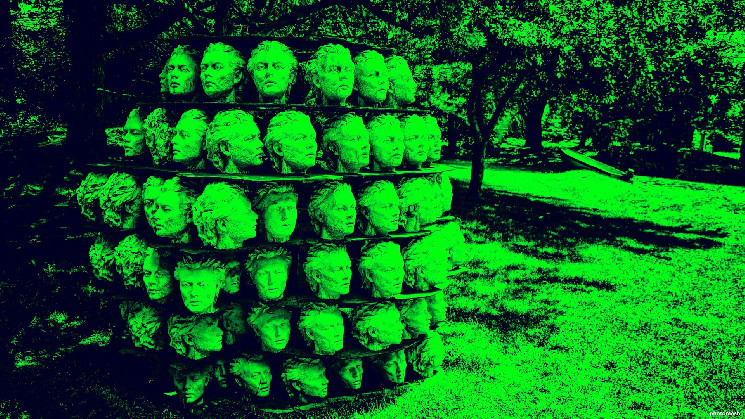Blockchain startup Obol Labs has formed a new industry group that aims to advance the growing field of distributed validator technology – at the heart of the latest push by developers to eradicate single points of failures within decentralized networks like Ethereum.
The Obol Collective includes a consortium of Ethereum ecosystem players “dedicated to the security, resiliency and decentralization of Ethereum consensus,” according to a blog post Wednesday from Obol Labs. The company is the primary developer behind Obol Network, seen as one of the leading distributed validator projects.
Obol Labs says the collective includes more than 50 staking protocols, client teams, software tools, education and community projects, professional node operators, home operators and stakers. Early participants in the collective include EigenLayer, Lido, Figment, Bitcoin Suisse, Nethermind, Blockdaemon, Chorus One, DappNode and ETH Stakers.
Consensus layer
Obol’s distributed validator technology is designed to enhance the security of a key category of players in Ethereum’s proof-of-stake consensus system: its validators – the companies, pools, and individuals who operate hardware to run Ethereum behind the scenes.
Validators can use Obol to spread control of their hardware across multiple parties, a setup designed to make the whole process more resilient to failures and bad actors.
Ethereum’s infrastructure consists of two layers: the execution layer, which handles apps and transactions, and the consensus layer, where validators agree on the system’s state.
“Obol has been helping build DVT and doing its own part to strengthen and decentralize the consensus layer with distributed validators,” said Thomas Heremans, the CEO of the new Obol Association, which was established to support the Collective. “We’re realizing that we can bring together many more actors on that layer together to achieve that vision together.”
According to Heremans, the pitch for DVT has become especially relevant now that U.S. regulators have approved the first ether (ETH) exchange-traded funds.
“If I was a regulator looking at staking, DVT just makes sense,” Heremans told CoinDesk. “I would want these ETFs to be powered by DVT. I think it just makes sense to reduce the risks.”
Today, 1% of the staking rewards produced by Obol’s distributed validators go towards its recently-established retroactive staking fund, or “RAF.” Over time, Obol plans to build out a community governance process that will distribute those funds to members of the new collective.
Obol launched in 2022 and has been adopted by key players like Lido, the biggest staking pool on Ethereum, which uses Obol’s DVT tech for a small portion of its validators.
Most big validators, including Lido, continue to operate the bulk of their hardware conventionally, meaning they rely on centralized parties to run their systems.
“Today, the security and decentralization of consensus depend primarily on social pressure and mutual trust that staking protocols and operators will do what’s best for Ethereum: this is the ‘won’t be evil’ phase,” Obol stated in its blog post. “At Obol, we’re making distributed validators (DVs) readily available, offering not only protection against client issues and key mismanagement, but also byzantine fault tolerance: ushering in the ‘can’t be evil’ phase.”
Read the full article here

